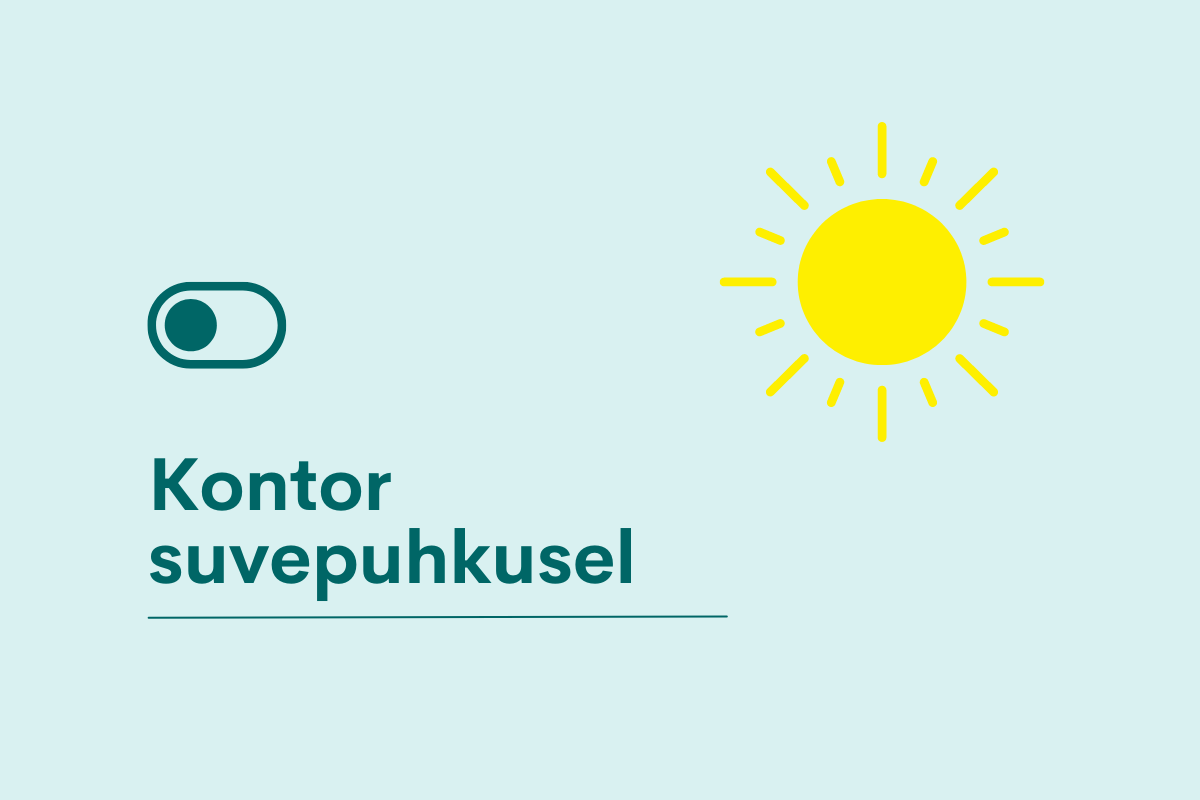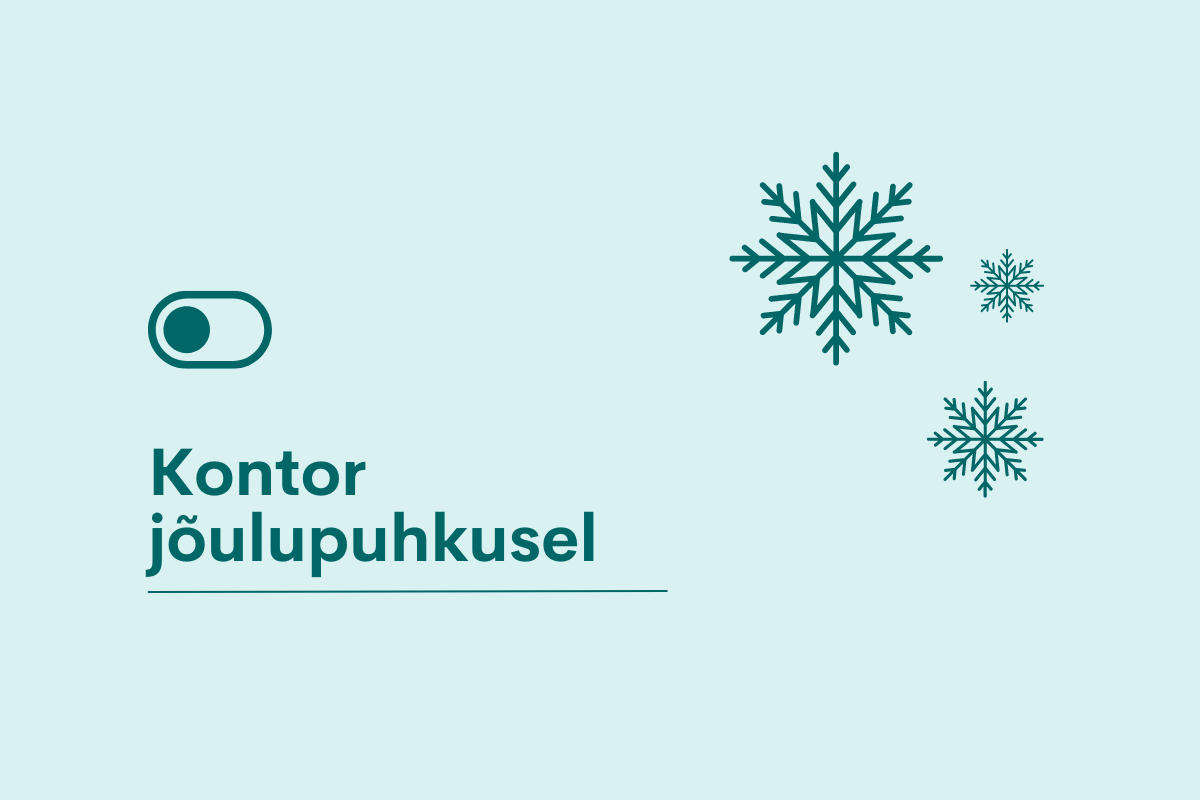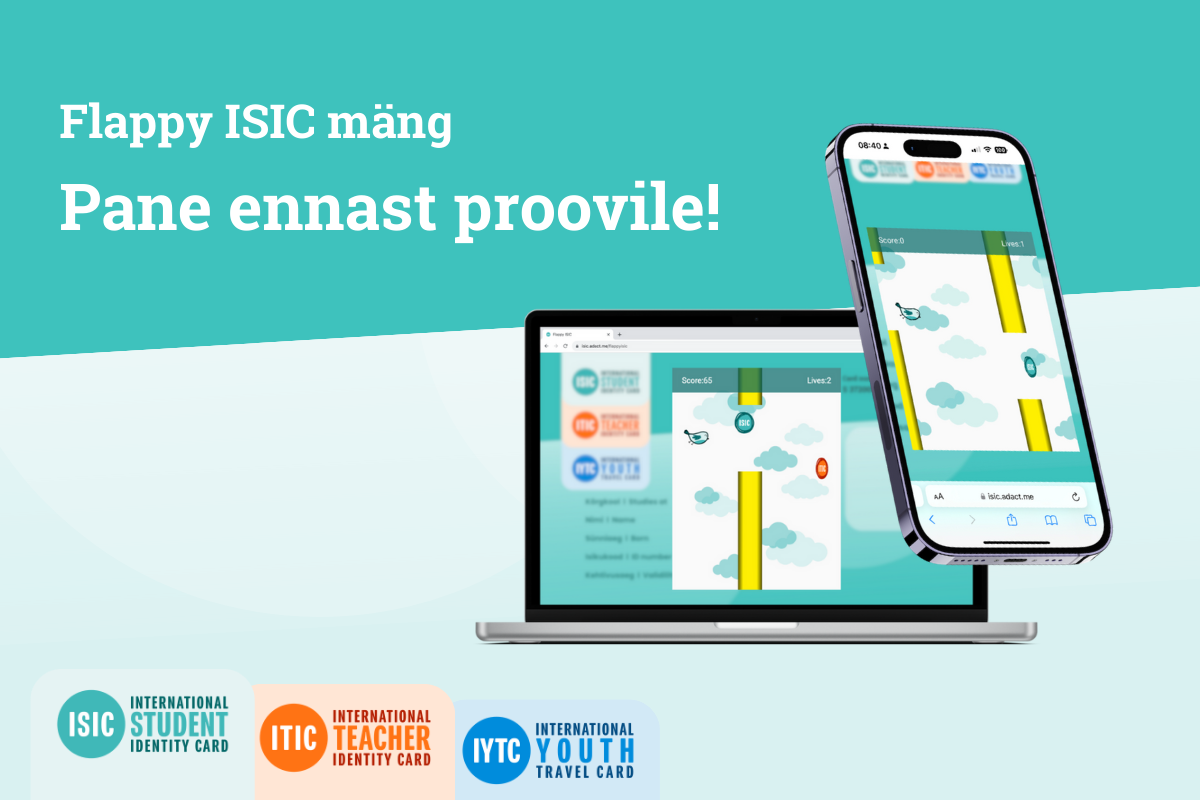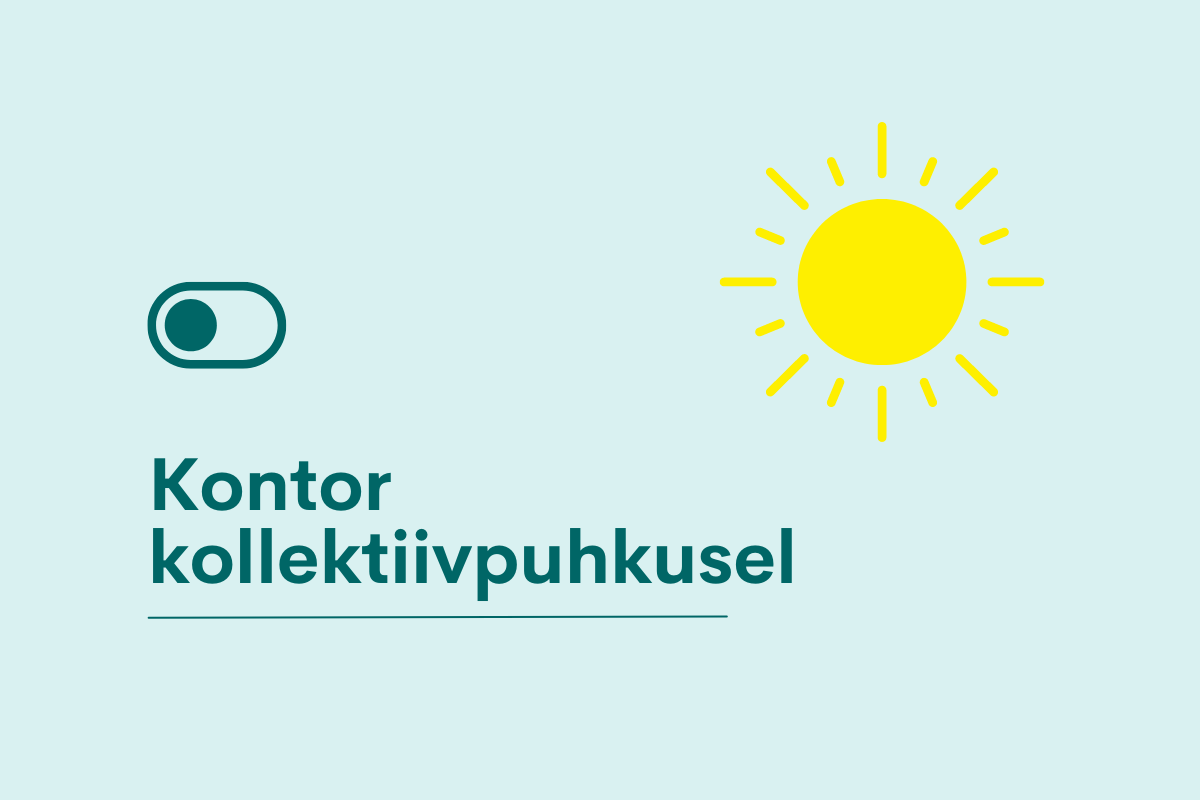The European Student Card (ESC) information event took place exactly one week ago at Tallinn University!
Firstly, we would like to express our big thanks to everyone who took the time to participate in the European Student Card initiative outreach event. Your presence and active contribution made the day a memorable and valuable experience.
At the event, we went through several important topics and discussions that opened the door to the future on many levels. Key points we covered together:
ESC Academy PRO algatuse missioon ja uurimistulemused:
Since 2017, ESCI has supported the implementation of several priorities and activities of the European Education Area (EEA), the Digital Education Action Plan, the Erasmus+ program and the European Universities Strategy. Its purpose is, among other things, to make the management of study tours easier, more efficient and greener. More details can be read from the ESC website.
We took a deep dive into the goals and current state of the European Student Card initiative, highlighting important issues and challenges. Studies have shown that higher education currently organizes student migration in direct cooperation with educational institutions or through the Erasmus+ program. More than half of the schools use student tickets in access systems in school rooms, libraries and university residences. For this purpose, most cards have RFID and QR code reading capabilities, which all fit well with the European Student Card. Almost 70% of students are interested in using ESC and 8% have already adopted them.
More research findings:
- ISIC/ESU members recognize and understand the importance of ESC and feel comfortable introducing the ESC initiative to higher education institutions.
- ESC has potential for higher education institutions, but their representatives currently lack map information, despite the programs that have been conducted.
- Digital challenges - Some HEIs lack adequate digital infrastructure that needs support and improvement.
- Students are looking for all-in-one solutions, which proves the necessity of ESC.
- Implementing ESCI is complex, but with careful planning and collaboration, it can benefit both students and institutions.
Practical implementation of the European Student Card:
We practically got acquainted with the functionality of the European student card, tried the test environment and explored how it could change our education system in the future. The European Student Card does not mean a completely separate new card for the wallet, but it is integrated into existing systems with ISIC cards in the form of an ESC hologram and a QR code! Using the example of the Czech Republic and France, we looked at how the linking of ESC and ISIC cards has worked for them.
Introducing Erasmus Without Paper (EWP) and the Erasmus+ application:
We took a closer look at paperless Erasmus possibilities and digital solutions that simplify communication and information exchange between students and higher education institutions. The Erasmus+ app is a common application that helps Erasmus+ students with all practical and administrative questions before and after their study abroad. Erasmus Without Paper is a digital solution that connects the systems in use in higher education institutions, enabling the management of Eramus+ study tours digitally. The aim is to make the administrative activities of study migrations paperless.
Future prospects in Estonia:
We discussed what the future directions of European higher education in Estonia could be and how we can contribute even more to their design and implementation in cooperation.
As for next steps, we plan to continue active communication and collaboration with the student community to realize the ESC Academy Pro vision.
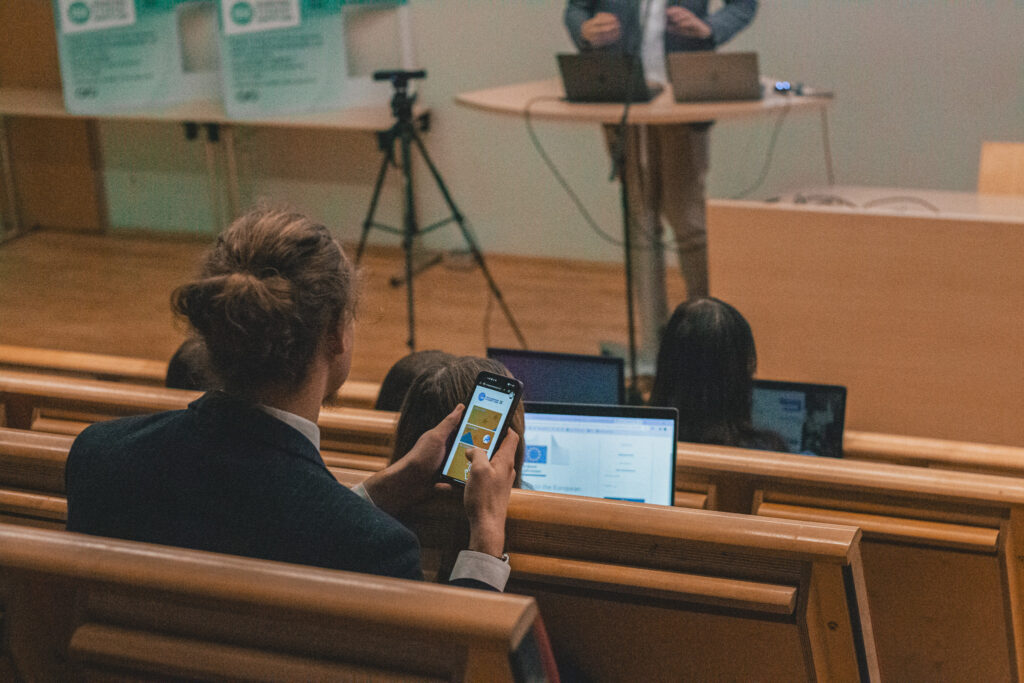
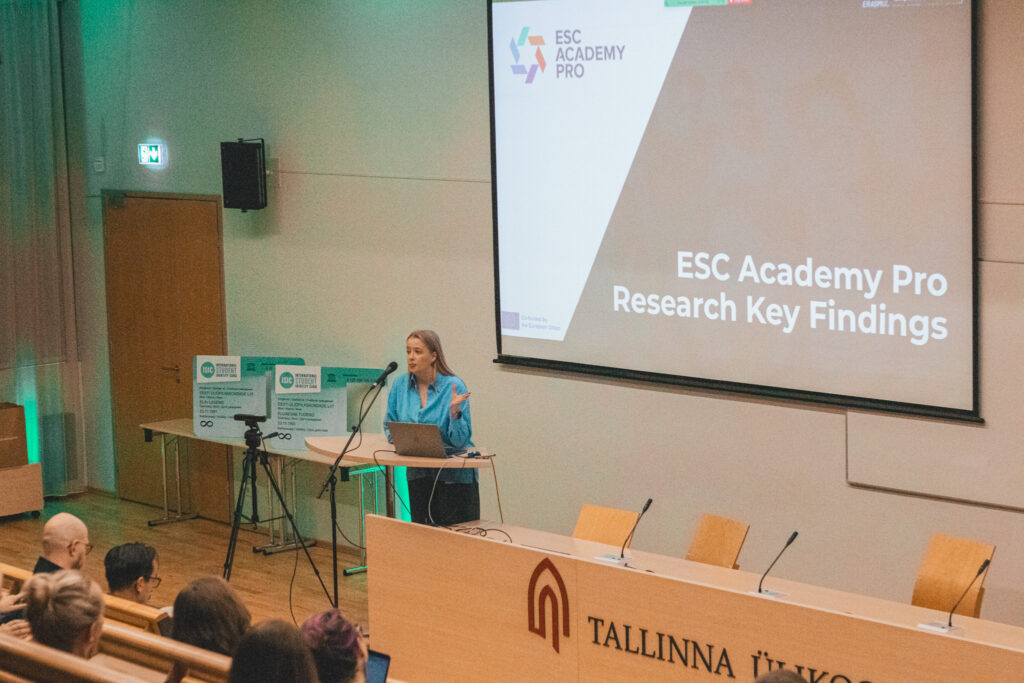
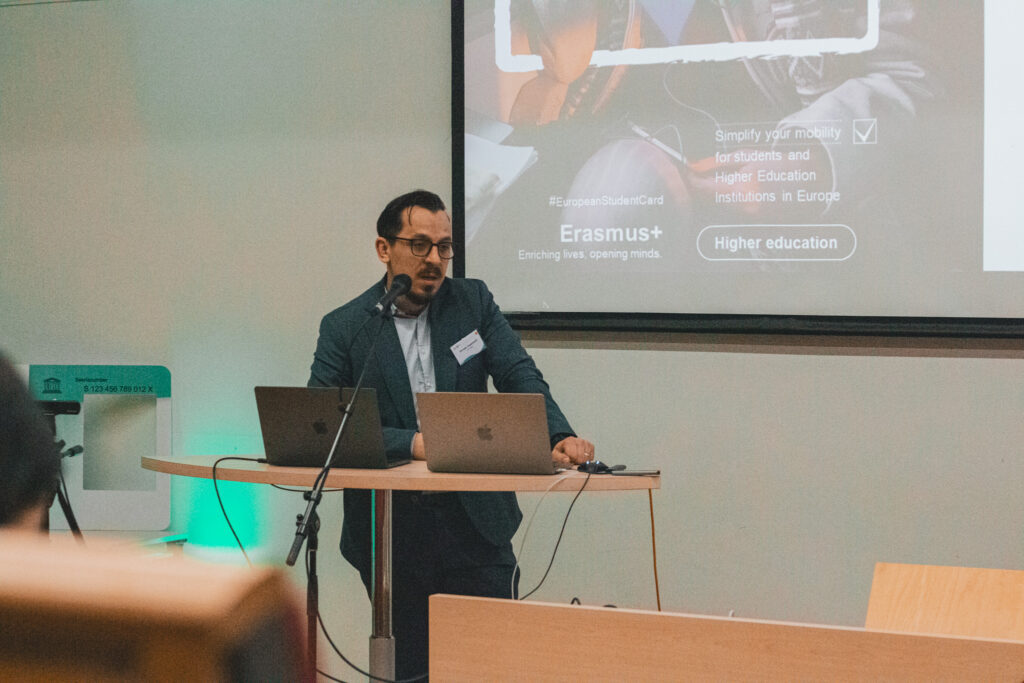
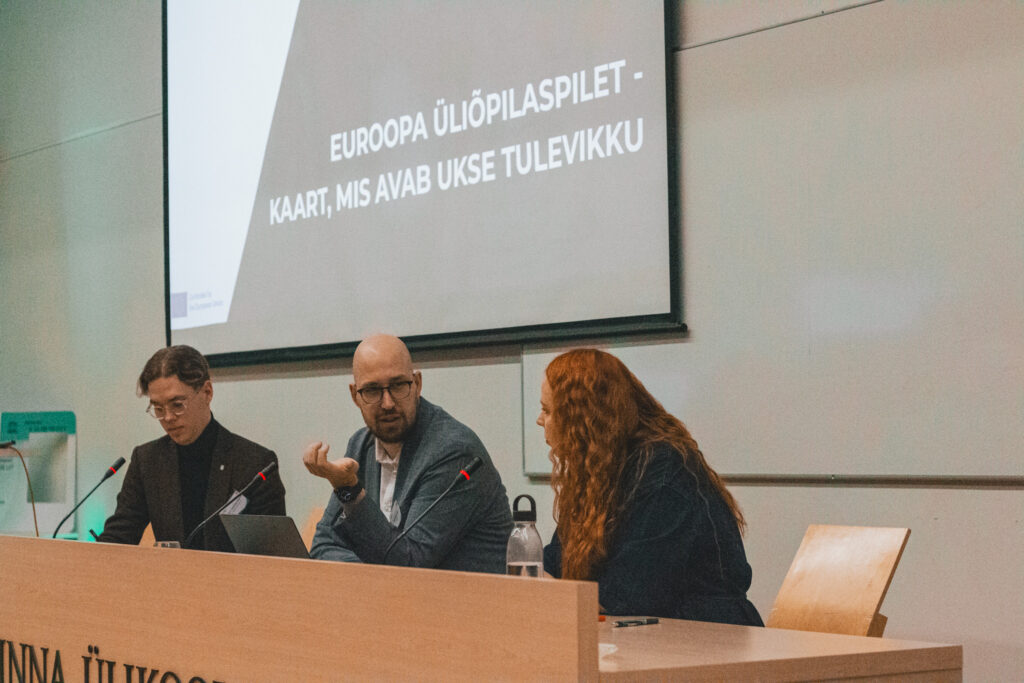
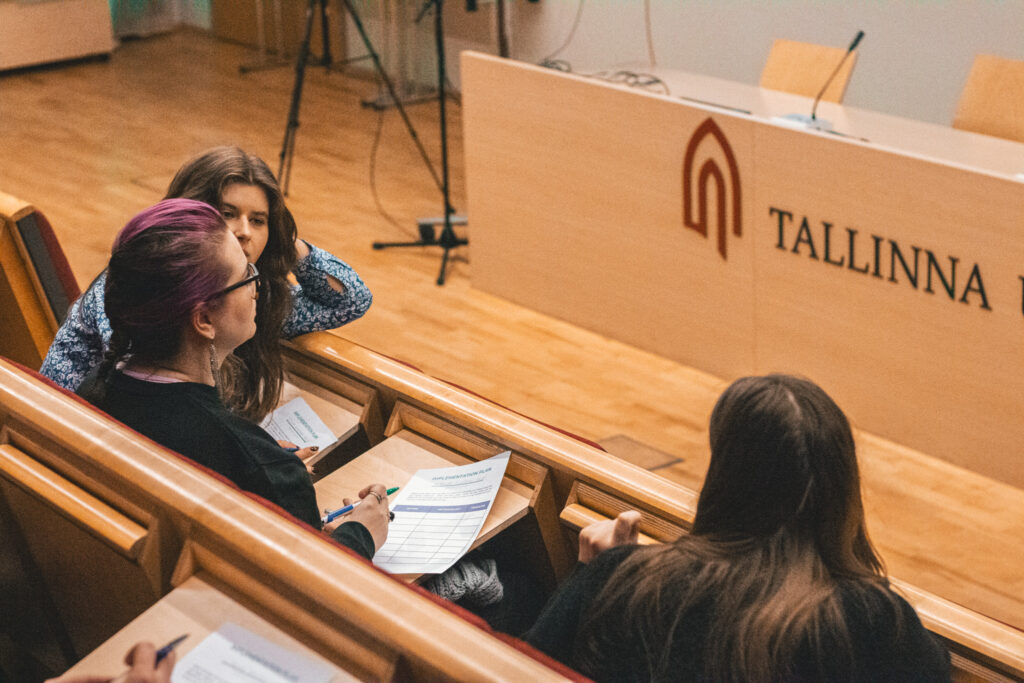
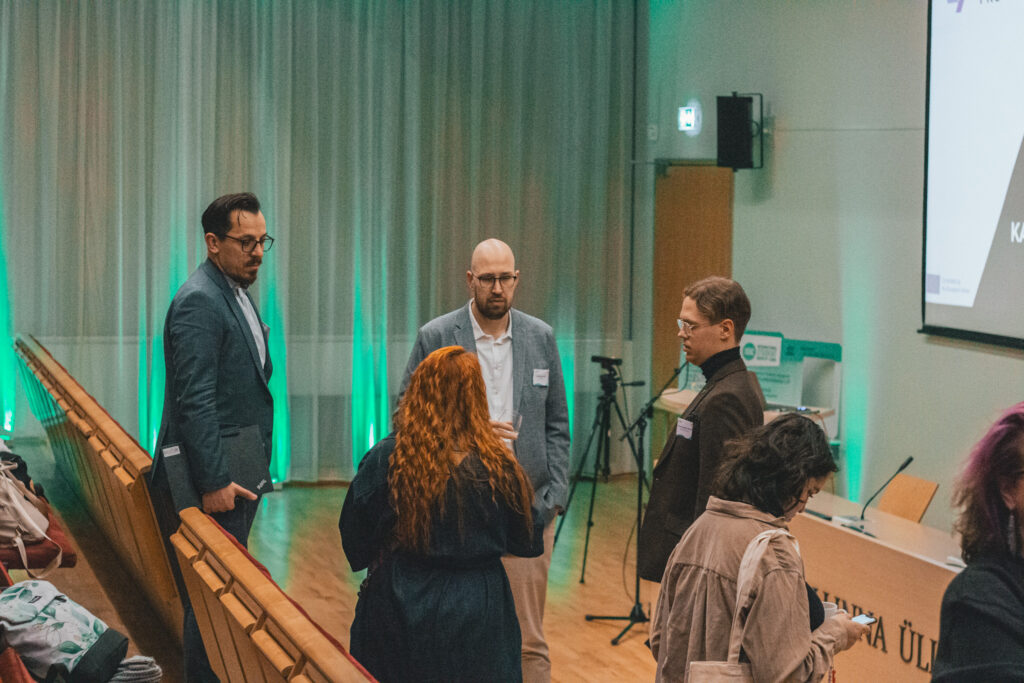
In the future, when all ISIC cards already have a label recognizing the European Student Card, we will think back to those days and the steps we took together!
Your active contribution and commitment is an important step in promoting the European higher education community.


